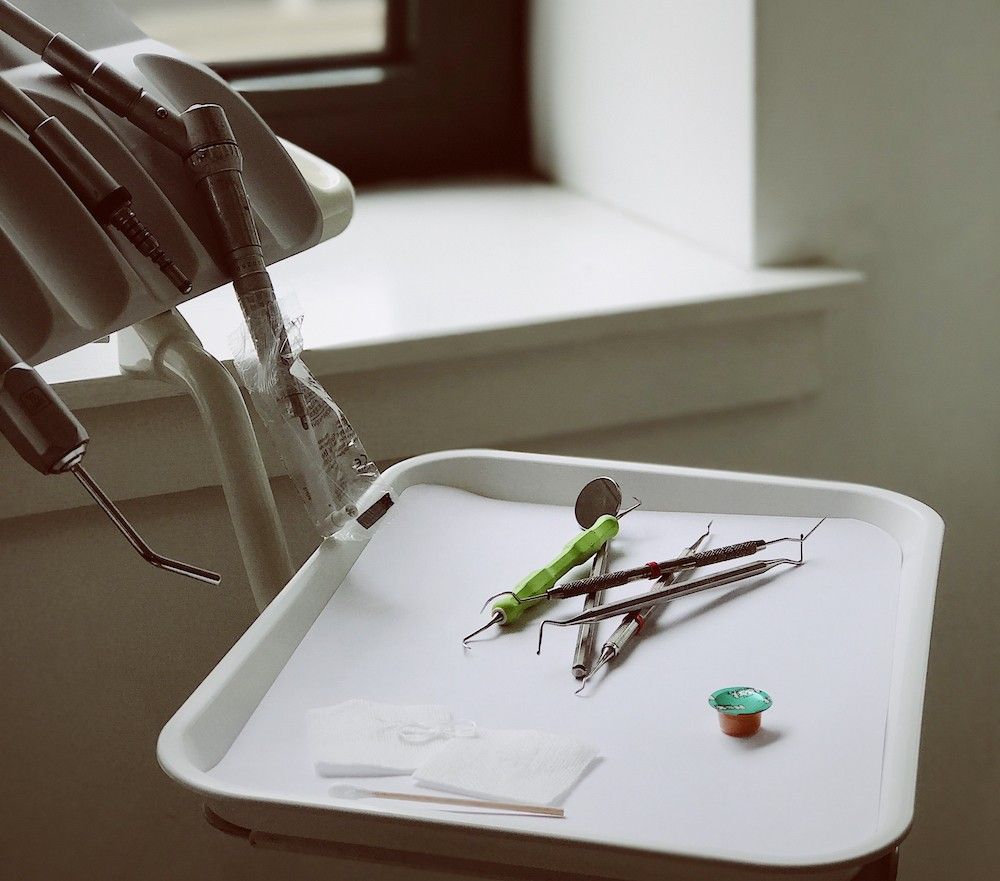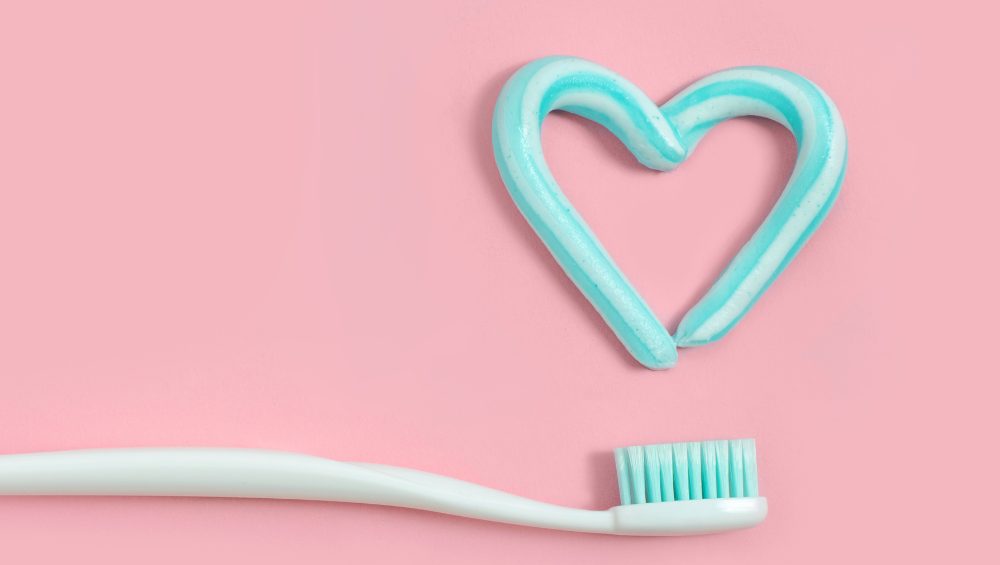
Case Study: What Causes Acid Erosion in Teeth
June 5, 2019
How to Prepare for Wisdom Tooth Extraction
June 26, 2019Often patients ask us, why is my tooth sensitive to hot and cold? Temperature sensitivity can range from mild to very painful. You may experience a sudden jolt of pain triggered by cold water, hot food, cold air, and even spicy foods.
Since there are multiple possible causes of temperature sensitivity in teeth, the treatment options vary depending on the cause and severity of the pain. Learning common causes also empowers you to prevent future tooth sensitivity.
The good news is that tooth sensitivity is often responsive to treatment. You don’t have to continue to suffer. You may drink a refreshing glass of ice water without dreading the pain. If you discover your teeth are becoming more sensitive, be sure to see your dentist. Depending on the cause, your dentist may suggest options to relieve the pain or treat the root cause of your sensitivity.
Three Common Causes of Tooth Sensitivity
When your teeth are healthy and free of pain, the outer enamel layer protects the inner soft layer called dentin. Dentin contains a network of tubules leading to the tooth’s sensitive nerve and blood supply, the pulp. When the inner layers of your teeth are exposed, they become sensitive to temperature and other sensations. Cracks in the teeth, cavities, worn enamel, gum recession are some of the most common causes of tooth sensitivity.
Consider the following causes if you are asking, why is my tooth sensitive to hot and cold? These are just a few reasons, please note some require attention from a skilled dental professional. After all, the sooner you receive treatment, the sooner you may experience relief.
Tooth Decay and Cavities
Tooth decay, especially cavities, may leave nerves exposed. If you notice temperature sensitivity developing, it may be a sign of a newly formed cavity or a lost filling. Be sure to discuss the sensitivity with your dentist. In some cases, your tooth sensitivity may be cured with a new filling or a replacement filling.
Erosion of Tooth Enamel
Since your tooth enamel protects your dentin and pulp, if it erodes you may find that your teeth become sensitive to hot or cold. When you preserve your tooth enamel, that enamel can continue to protect your teeth.
Some common causes of enamel erosion include:
- A diet high in sugars
- Frequent consumption of acidic foods or drinks
- Age
- Acid reflux disease
- Grinding teeth while experiencing stress or while sleeping
Take any necessary steps to change whatever factors may be prematurely wearing down your enamel.
Gum Disease and Receding Gums
When gums recede, they expose the root structure of the tooth. When this happens, sensitivity can occur. This root structure is not as protective as the hard enamel. The main causes of gum recession are gum disease and inflammation, forces on teeth such as clenching and grinding and aggressive brushing. Whatever the cause, seek guidance from your dentist on how to protect your gums from continued recession. Taking care of your gums is essential for your dental health and hygiene.
How to Prevent Tooth Sensitivity
Prevention is always the best cure. By developing a few healthy habits you can stop tooth sensitivity before it starts and you may also be able to stop it from getting worse. A tooth-friendly lifestyle includes protecting your tooth enamel, caring for your gums, and seeking any necessary professional dental care. Try the following techniques to prevent pain from tooth sensitivity.
Protect Your Tooth Enamel
Since your tooth enamel protects the nerves in your teeth, take care to avoid unnecessarily damaging it. The following strategies help you protect and maintain your tooth enamel.
- Brush gently using a soft-bristled toothbrush twice a day, avoid brushing too roughly.
- Limit consumption of acidic foods and drinks like coffee, wine and fruit juices. Consider rinsing your mouth with water after you consume acidic beverages or foods.
- Limit sugary foods like candy, soda, and nearly every dessert. Sugar creates a damaging acidic environment in your mouth.
- Avoid grinding your teeth, consider wearing a mouthguard if you grind your teeth at night.
- If you use tooth whitening treatments, stop at least temporarily until the cause of your sensitivity is diagnosed and your dentist clears you to continue.
- Don’t chew on ice or other hard items.
Take Care of Your Gums
As you age, your gums may recede. However, taking care of your gums keeps your gums healthier for longer and also may slow age-related gum recession. Bacteria between the teeth and below the gum line cause gum inflammation and recession. Follow these guidelines to keep your gum tissue as healthy as possible:
- Gently floss your teeth daily, consider using a water flosser or mouthwash in some cases.
- Brush your teeth twice daily using a soft-bristled toothbrush.
Seek Regular Dental Care
Sometimes tooth sensitivity is the result of damage or decay. Preventive care, maintenance, and treatment help reduce or relieve tooth sensitivity caused by tooth damage. While these instructions may seem basic, ongoing dental care results in early diagnosis and treatment of many dental issues. In other words, the following steps can help prevent pain and keep your smile healthy.
- If you notice a cavity or lose a filling, see your dentist right away.
- Follow your recommended examination and cleaning schedule. Not only does the cleaning limit tartar build-up, but the examination also allows early treatment of any issues.
- Your dentist may recommend treatment to relieve your sensitivity or even treat the root cause. Sometimes your dentist may suggest special toothpaste for sensitive teeth.
The first step to your healthiest smile is a comprehensive dental examination and cleaning. Charlotte residents trust their smiles and their dental health to Southview Dentistry. Contact us to schedule an appointment If you are experiencing sensitivity or simply need an annual examination and dental cleaning. Also, call us next time you or someone you love asks why is my tooth sensitive to hot and cold?




